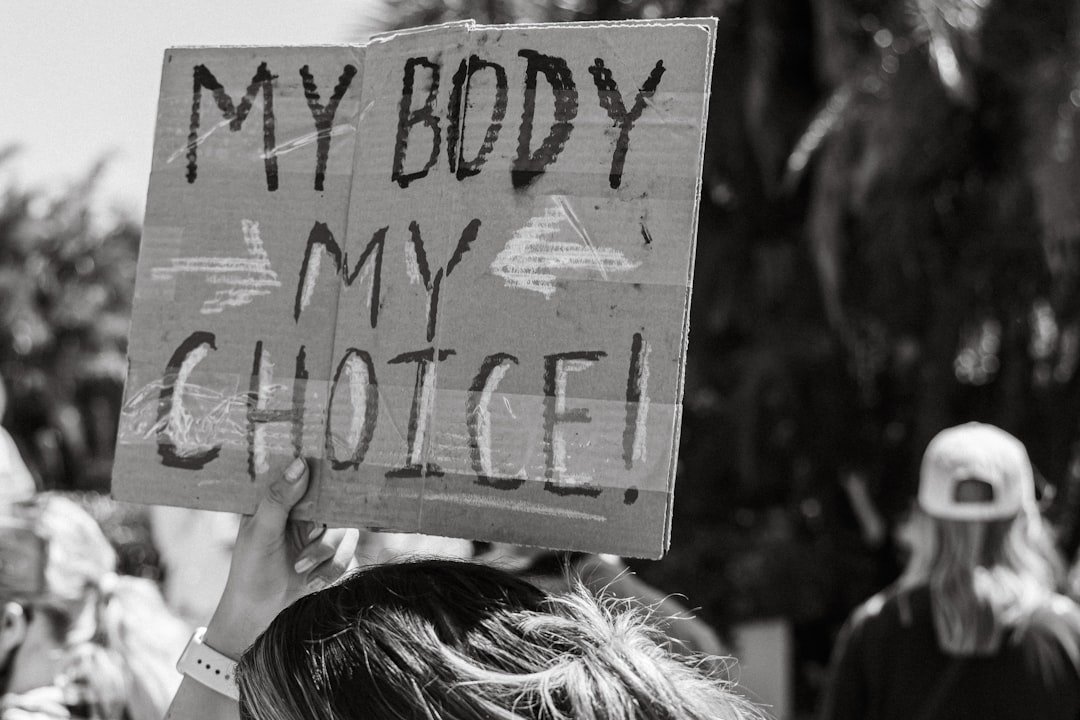
When the Supreme Court overturned Roe v. Wade in the Dobbs decision last month, the court returned regulation of abortion to the states. The decision was controversial, and much of the debate has centered around extreme circumstances, and the effects of some of the most strict state laws.
One case made national headline…
